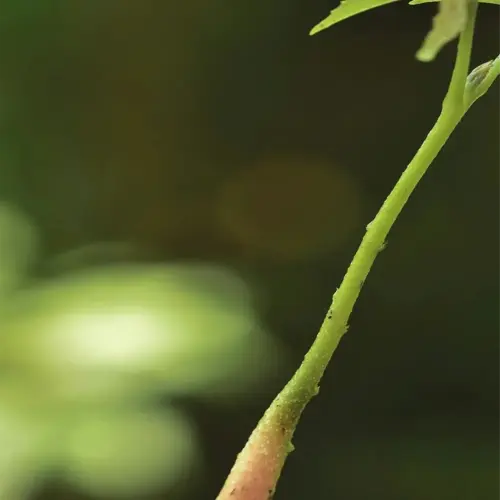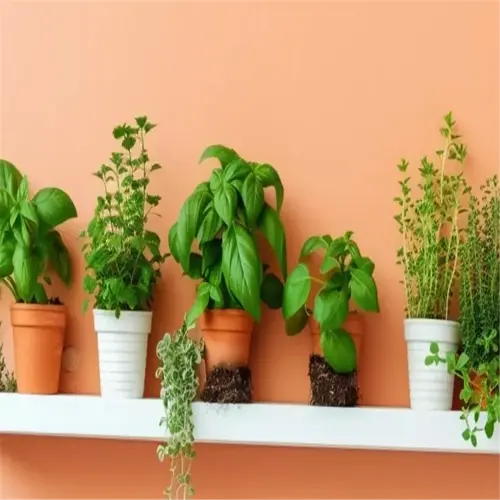Are there legal restrictions on plant propagation?

Written by
Tina Carter
Reviewed by
Prof. Charles Hartman, Ph.D.Grow from cuttings responsibly: It's essential to know if your plant has a plant patent. Many hybrids, especially commercial hybrids such as roses, will have legal protections. A neighbor of mine propagated a patented strawberry, and the company actually sued him and fined him for doing so. So, before you propagate, look for plant patent tags on your plants (the ® symbol or a PP number). There are many common herbs out there that can be cloned, along with heirloom plants.
Legal Checks
- Inspect plant tags for patent numbers (PP#)
- Search USPTO database for protected varieties
- Track plant origins - nursery tags help
Ethical Sharing
- Swap non-patented cuttings freely
- Label shared plants with variety names
- Avoid selling protected clones
Patents usually last for 20 years. A hosta I bought in the 1990s finally became legal to propagate last year. A good idea is to research the patent expiration if you are unsure. Nurseries will occasionally reuse names for newer patented varieties, so check the identity with a botanical database. If you're in doubt just stick with heirlooms and wild-collected specimens.
Red Flags
- ® symbol on plant tags
- Unique cultivar names like 'Emerald Glow™'
- High retail prices indicating exclusivity
Accidental Propagation
- Destroy plants if unsure of status
- Contact breeder for clarification
- Document purchase receipts for proof
Create a sustainable garden by propagating plants that have not been patented. For five years, I have exchanged lemon balm cuttings with five neighbors each year. Look for local seed libraries as a resource and, within your neighborhood network, create informal ways to cultivate a responsible learning experience. Teach others how to understand if a plant is patented for cloning. Cloning responsibly ensures biodiversity, while respecting the rights of breeders. Your garden will be legal and generous too.
Read the full article: The Complete Guide to Grow From Cuttings Successfully

